Category: State
-
Florida enacts law changing initiative process requirements; legal challenge filed in federal court
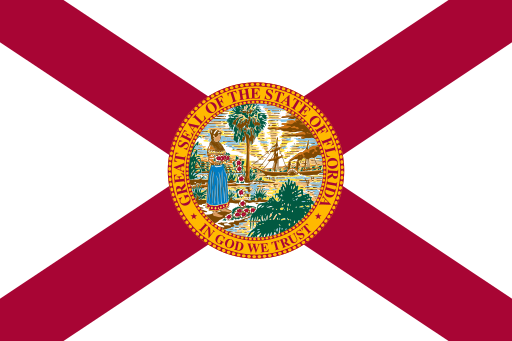
Gov. Ron DeSantis (R) signed HB 1205 on May 2, 2025. Changes included requirements for paid signature gatherers, such as registration, training, and residency requirements, voter signature requirements, limitations on ballot initiative sponsoring committees, and petition form standards. HB 1205 passed the legislature with unanimous support from Republicans and unanimous opposition from Democrats. The one…
-
Four states enact cellphone bans in May so far

Four (4) states enacted cellphone bans in May so far: All of the state policies prohibit unsanctioned cell phone usage from the beginning of the school day to the end of the days. Each policy does not apply to school-issued or school-used devices and have exemptions for use by students with medical or academic needs…
-
Montana passes legislative oversight bills
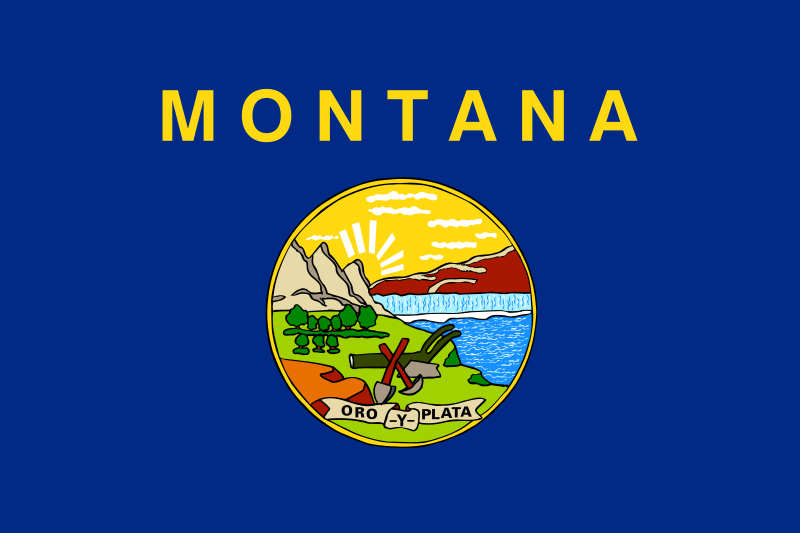
The Montana legislature passed two bills which would modify the rulemaking process for state administrative agencies. Both were supported by bipartisan majorities. House Bill 126 was passed by a vote of 100-0 in the House on January 29, 2025; the Senate voted 48-0 on April 9, 2025. Gov. Greg Gianforte (R) signed it on May…
-
Montana Gov. Gianforte (R) signs bill banning the use of extreme risk protection orders

On May 8, Gov. Greg Gianforte (R) signed HB 809 into law, banning local governments in the state from enacting or enforcing extreme risk protection orders (ERPOs). The Republican-sponsored bill passed the legislature largely along party lines, but two Republicans in both the Montana House of Representatives and Montana Senate voted against the bill. With…
-
Indiana becomes 17th state to pass universal private school choice
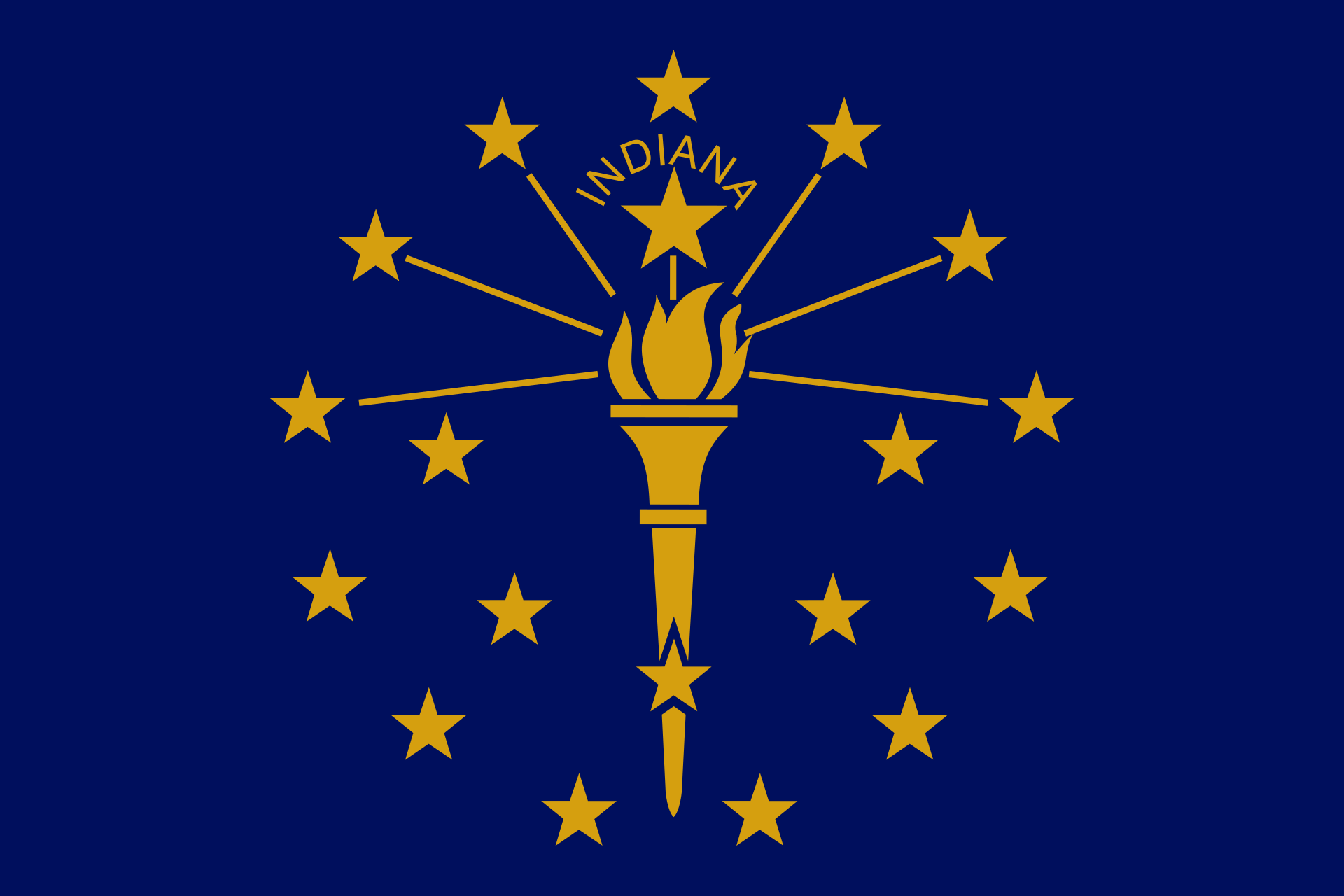
What’s the story? Indiana Gov. Mike Braun (R) signed the state budget bill—House Bill (HB) 1001—on May 6, 2025, which included provisions to remove income eligibility requirements from Indiana’s Choice Scholarship Program. This action makes the program universal, where all students are defined as eligible to participate in the private school choice voucher program in…
-
North Dakota Legislature sustained governor’s veto of universal school choice bill: analysis of rural vs urban/suburban votes

What’s the Story The North Dakota House sustained Gov. Kelly Armstrong‘s (R) veto of the universal school choice bill House Bill 1540 on April 25. The veto was sustained in the House by a 45-48 vote, with the 45 votes supporting the veto override coming from Republican members. The 48 votes opposing consisted of 37…
-
Iowa General Assembly adjourns the first year of the two-year legislative session, addresses two potential constitutional amendments
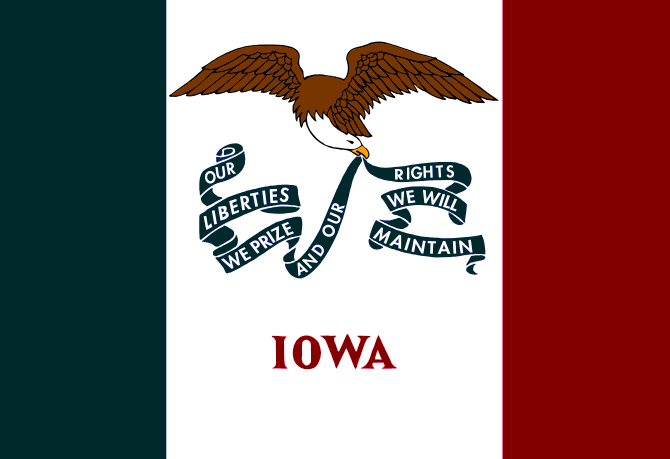
The Iowa General Assembly adjourned on May 1, ending the first year of the two-year legislative session. During this legislative session, legislators addressed two constitutional amendments that may be placed on the ballot for voters to decide in 2026 and 2028. Senate Joint Resolution 11 (2025) First, the Iowa State Senate passed Senate Joint Resolution…
-
Vermont voters to decide on constitutional amendment establishing right to collective bargaining and banning right-to-work laws, following Illinois in 2022
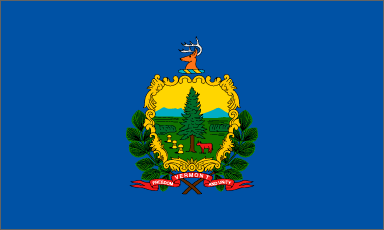
Voters in Vermont will decide on a ballot measure, titled Proposal 3, on Nov. 3, 2026. Proposal 3 would amend the Vermont Constitution’s Declaration of Rights to provide that employees have a state constitutional right to organize and join a labor organization for collective bargaining with their employer. This constitutional right to collective bargaining would…
-
State supreme court vacancy count for April 2025
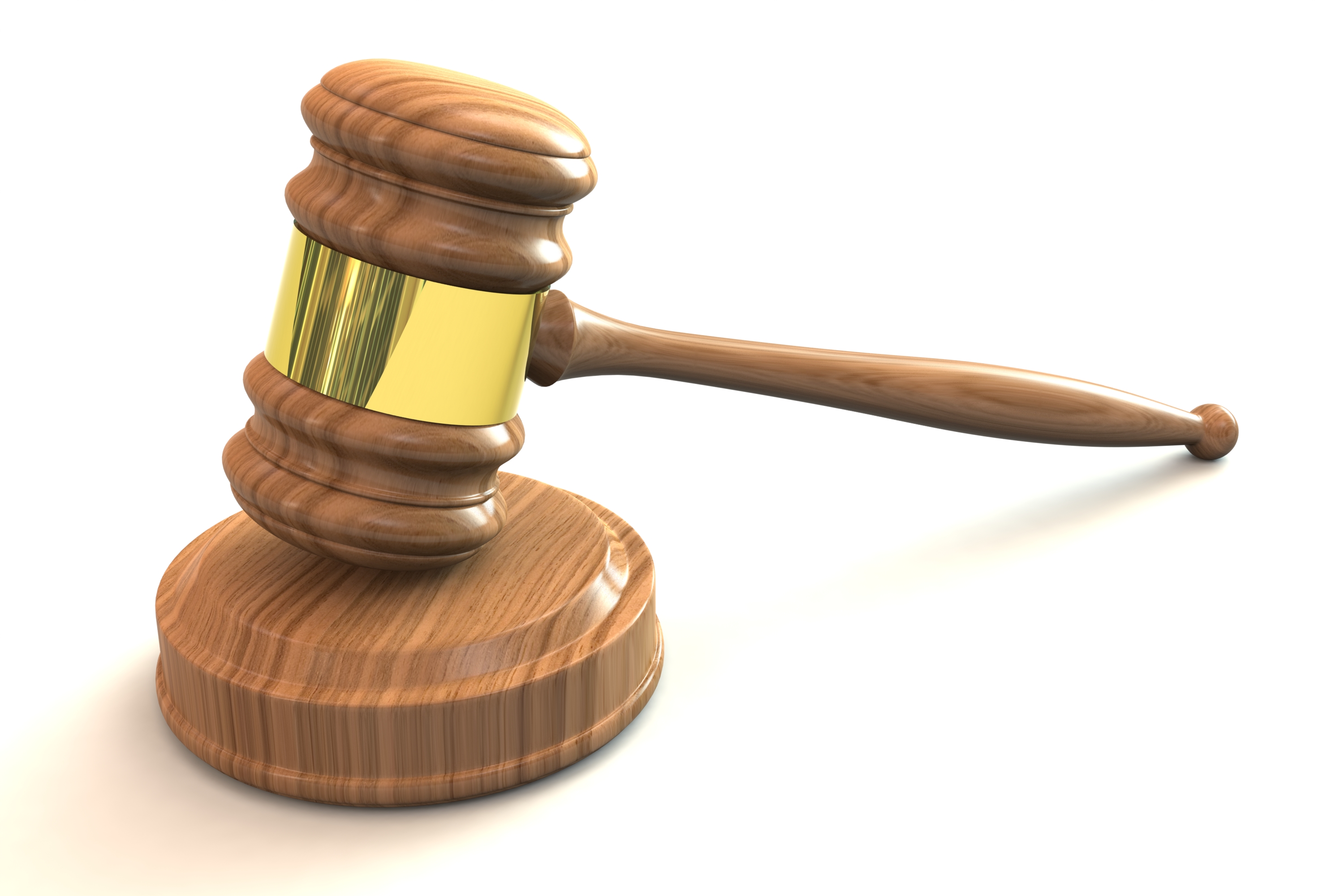
In this month’s state supreme court vacancy update, Ballotpedia tracked announced retirements, nominations, appointments, confirmations, and the swearing-in of justices from March 31, 2025, to April 30, 2025. Ballotpedia tracks court vacancies in all 52 state supreme courts. Announced retirements: During April 2025, four justices announced their intent to retire later this year. Candidates nominated,…
-
Texas voters will decide on an amendment to ban taxes on securities transfers and certain financial transactions in November
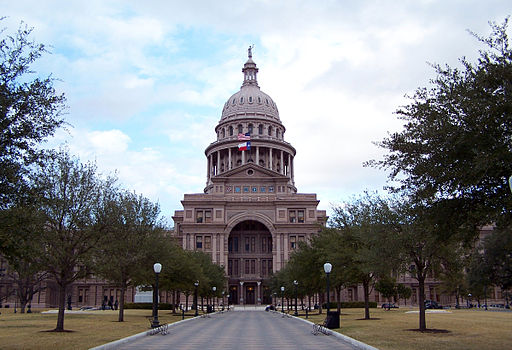
The Texas State Legislature has voted to send the first constitutional amendment to voters for Nov. 4, 2025. House Joint Resolution 4 (HJR 4) would amend the Texas Constitution to prohibit the state legislature from enacting an occupation tax on registered securities market operators or a tax on securities transactions. A registered securities market operator…

